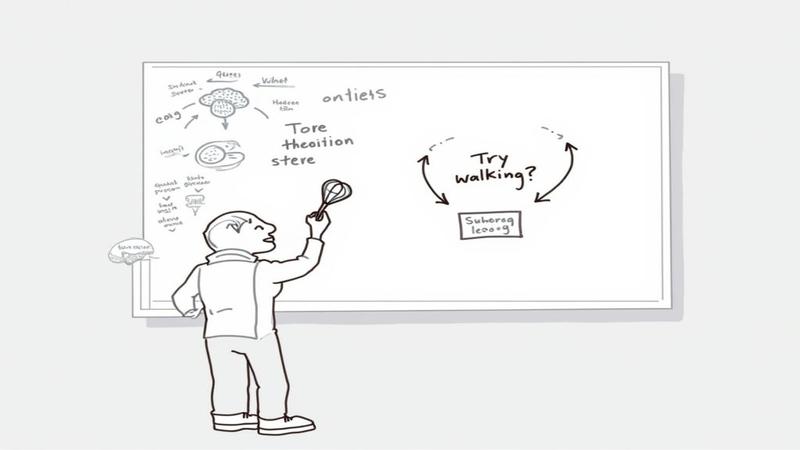Man Told He’d Have Alzheimer’s By 2000 Still Waiting On Backorder

PORT ORCHARD—Local man predicted to develop Alzheimer’s 25 years ago has refused to cooperate with destiny, medical schedules, or the grim plot twist everyone RSVP’d to early. He continues to recognize his wife, the toaster, and why he walked into the garage: lightbulbs, not existential dread.
Doctors, who once forecast his brain would be holding a yard sale for memories by the late ’90s, are now forced to admit the inventory remains maddeningly intact. “It’s like his neurons missed the apocalypse memo,” sighed one neurologist, doodling a calendar that just says “Still Nope.”
Experts describe his case as “an outlier,” which is science for “the statistical gremlin who ruins our slides.” Labs have launched an urgent, peer-reviewed shrug. They’re calling it the Let’s-Replicate-This-Without-The-Headline-Embarrassing-Us Initiative.
The man credits boring habits with suspicious reliability: he walks, he sleeps like a cat that pays taxes, he eats food that grew somewhere besides a lab, and he knows his neighbors by name instead of Wi-Fi. He laughs a lot, but mostly at meetings that could have been emails.
He also ignored fads promising brain fireworks. He skipped the cranial-zap headband, the mushroom dust that tastes like wizard drywall, and the cognitive training puzzle app annual subscription that guarantees you’ll become a trilingual falcon by Tuesday. He chose crossword puzzles and arguing with the kettle about whistling too loud.
As your friendly neighborhood killjoy, I checked the evidence. Lifestyle helps, but individual outcomes vary, and p-values do not tuck you in at night. The best-supported habits still look suspiciously like your grandma’s to-do list with fewer cigarettes and more shoes for walking.

His family reports the only things he loses are his sunglasses and patience for group texts. He keeps a ring binder labeled “Things Future Me Should Know,” including a map to the spare keys and instructions that begin: “If you’re reading this, you’re still crushing it.”
A local influencer attempted to credit crystals, but randomized trials with placebo granite produced only shin bruises. The man politely thanked her and returned to watering tomatoes like a subversive futurist.
His diet features a rotation of vegetables, beans, and the occasional fish that looks like it knew the ocean personally. Sometimes he opens a low-sodium sardine snack pack, eats one, and says, “Omega-3? More like Omega-meh,” while his triglycerides file a grateful Yelp review.
Predictably, Congress proposed the Memory Preservation Act, which would subsidize common sense and ban meetings over 45 minutes. The bill failed after lawmakers couldn’t remember why they met. Irony has filed a restraining order.
Reached for comment, his brain said, “We were scheduled to decline, but union rules guarantee a 30-year break, and frankly management never signed Form Whoops-42.” Neurons then returned to humming along like a barbershop quartet with tenure.
Asked for advice, the man shrugged: “I did the ordinary things, repeatedly, for decades.” Scientists nodded, wellness gurus screamed into crystals, and I wrote this down so I wouldn’t forget. Final takeaway: he beat the forecast by forgetting to forget—classic paperwork error. If destiny calls, let it go to voicemail; it’s probably just extended warranty for a brain that won’t break.
